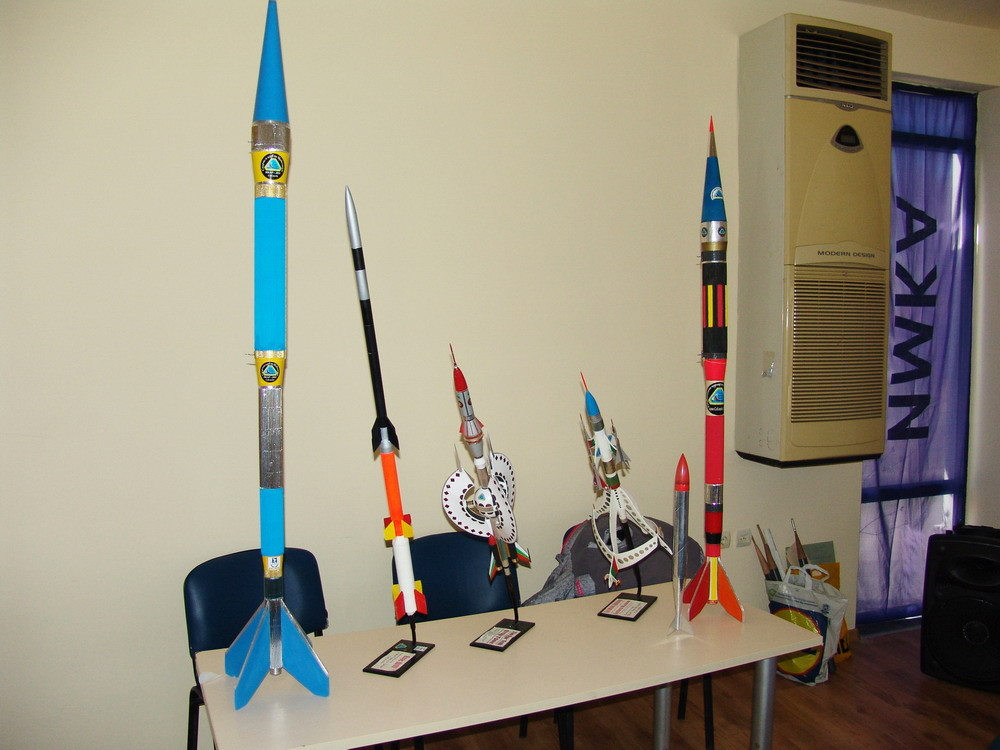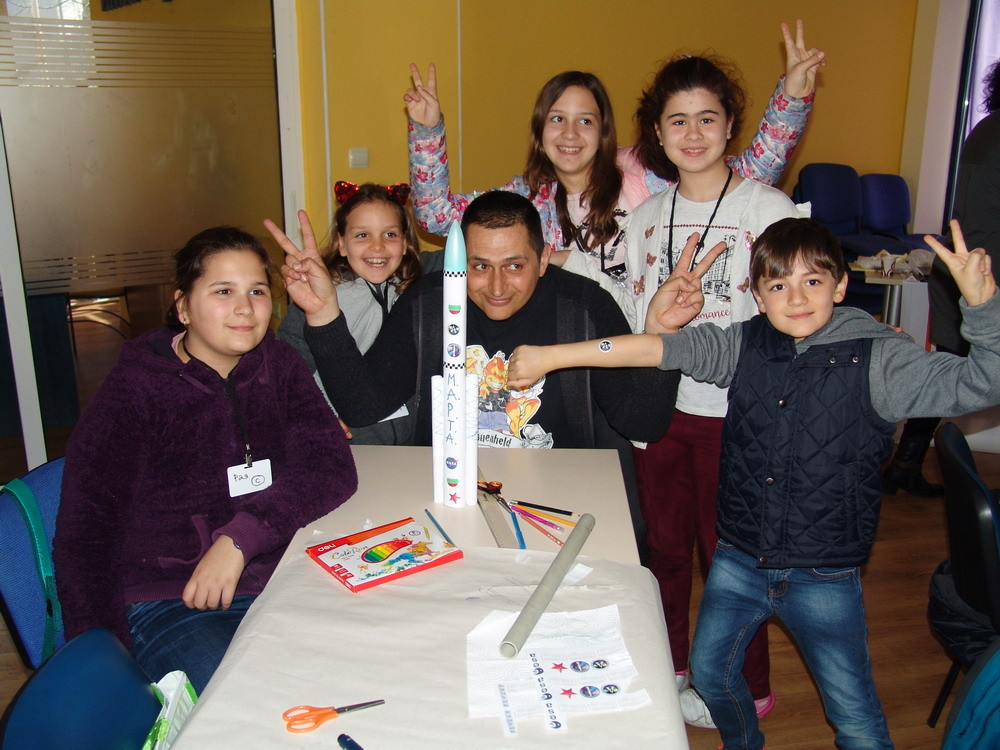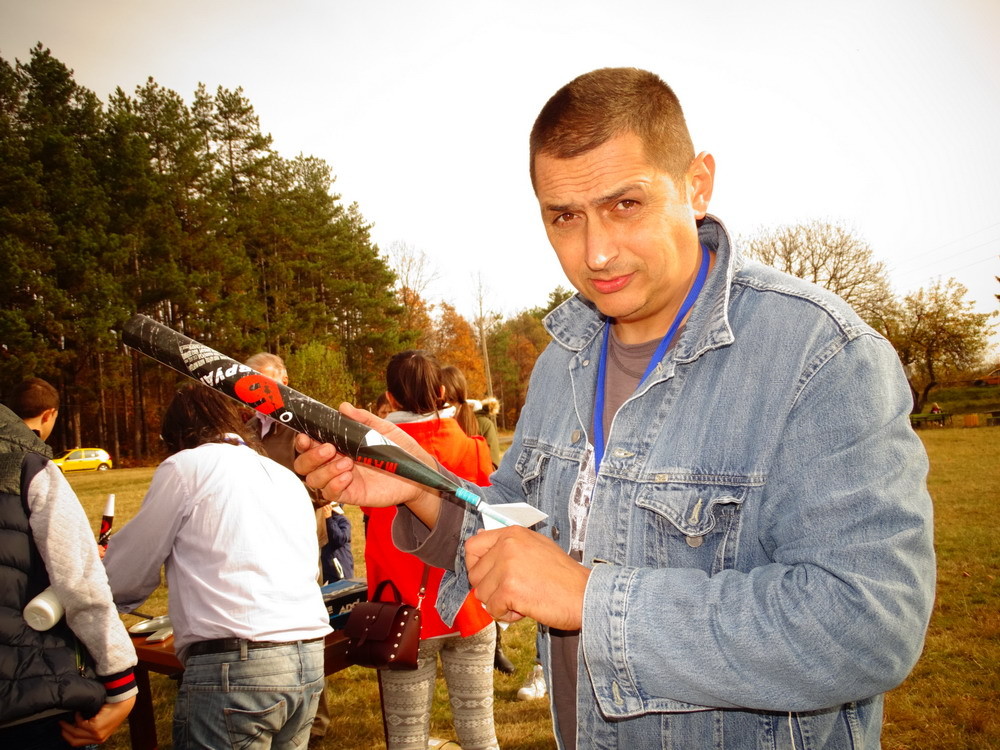

 "They act as creators, as engineers and leaders. I believe that the next Elon Musk is somewhere among our children," Ivaylo Radnev who is part of the team of Observatory for Ideas has told BNR correspondent Velina Mahlebashieva.
"They act as creators, as engineers and leaders. I believe that the next Elon Musk is somewhere among our children," Ivaylo Radnev who is part of the team of Observatory for Ideas has told BNR correspondent Velina Mahlebashieva.

Help me do it myself, get me in touch with nature, take care of my immunity – these are the principles that the teachers at the Bulgarian kindergarten "Hristo Botev" in the Slovak capital Bratislava follow. The kindergarten has been operating since 2009..
"The place in France where we draw together the future of our children in Bulgarian" - this is how Yaneta Dimitrova described her workplace - the Bulgarian Sunday School "Ivan Vazov" in Paris a year ago in a post on a social network. It is one of the 396..
21 February is International Mother Language Day, first proclaimed as such by UNESCO and later adopted by the UN General Assembly. The right to study and to speak one’s mother tongue, or native language, is a basic human right and a civil right..
Exactly a month after the Bulgarian National Radio solemnly celebrated its 90th anniversary, history continues its dialogue with us, its authors. With a..

+359 2 9336 661
